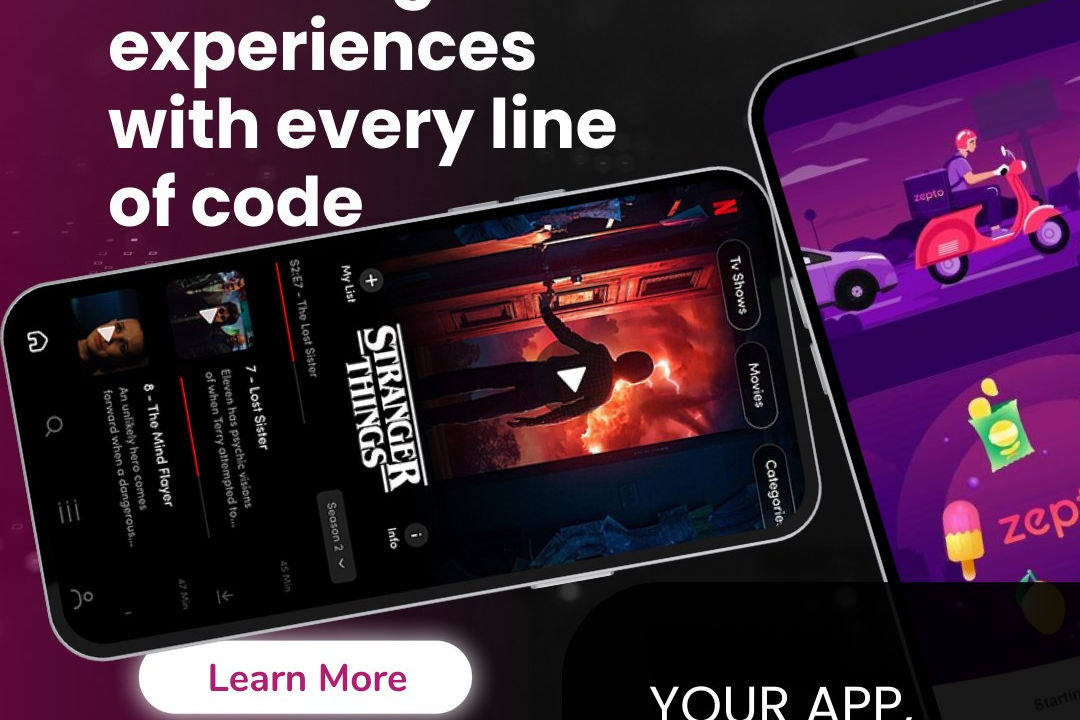Beginner-Friendly Android Course
Introductory Android Development Course
Beginner-Friendly Android Course
A beginner-friendly Android course is designed to introduce absolute newcomers to the world of Android app development. It typically covers fundamental concepts such as the basics of Java or Kotlin programming languages, Android Studio setup, and the Android development environment. Participants learn to create simple applications, understand the architecture of an Android app, and utilize core components like activities, intents, and user interfaces (UI) using XML. The course often includes step-by-step tutorials, hands-on projects, and practical exercises, providing a supportive learning atmosphere that encourages experimentation and creativity. By the end of the course, learners should feel confident in building their own basic Android applications and understanding the principles of mobile app development.
To Download Our Brochure: https://www.justacademy.co/download-brochure-for-free
Message us for more information: +91 9987184296
1 - Introduction to Android Development: Overview of Android, its architecture, and its significance in the mobile app market.
2) Setting Up Development Environment: Step by step guidance on installing Android Studio, SDKs, and necessary tools to start coding.
3) Understanding Android Components: Explanation of core components like Activities, Services, Broadcast Receivers, and Content Providers.
4) Java/Kotlin Basics: Introduction to the programming languages used in Android development, with a focus on syntax and fundamental concepts.
5) User Interfaces with XML: Training on designing user interfaces using XML, with hands on exercises to create layouts and styles.
6) Event Handling: Instructions on managing user interactions through event listeners and handling touch and gesture events.
7) Working with Intents: Exploration of intents for starting activities, passing data between them, and understanding implicit vs explicit intents.
8) Data Storage Options: Overview of data storage methods including SharedPreferences, SQLite databases, and using Room for data management.
9) Networking and APIs: Introduction to making network requests, working with JSON, and integrating APIs to fetch data from the internet.
10) Debugging and Testing: Techniques for debugging Android applications using Android Studio's debugging tools and writing unit tests.
11) Using Android Libraries: Instructions on incorporating third party libraries like Retrofit for networking, Glide for image loading, and others.
12) Understanding App Lifecycle: In depth look at the Android lifecycle (activities, fragments) and how to manage app states effectively.
13) Publishing Applications: Steps for preparing an app for release, including app signing, versioning, and publishing it on the Google Play Store.
14) Responsive Design Principles: Training on creating responsive layouts that work across various devices and screen sizes using ConstraintLayout.
15) Real world Project Development: Capstone project where students will develop a complete Android application from scratch, applying the skills learned throughout the course.
This structured approach ensures students gain comprehensive knowledge of Android development, setting them up to build their own apps confidently.
Browse our course links : https://www.justacademy.co/all-courses
To Join our FREE DEMO Session: Click Here
Contact Us for more info:
Flutter UIDesign Tutorial
data analytics courses in hyderabad with placements
React classes near me
thread concept in java
Mobile Technology











